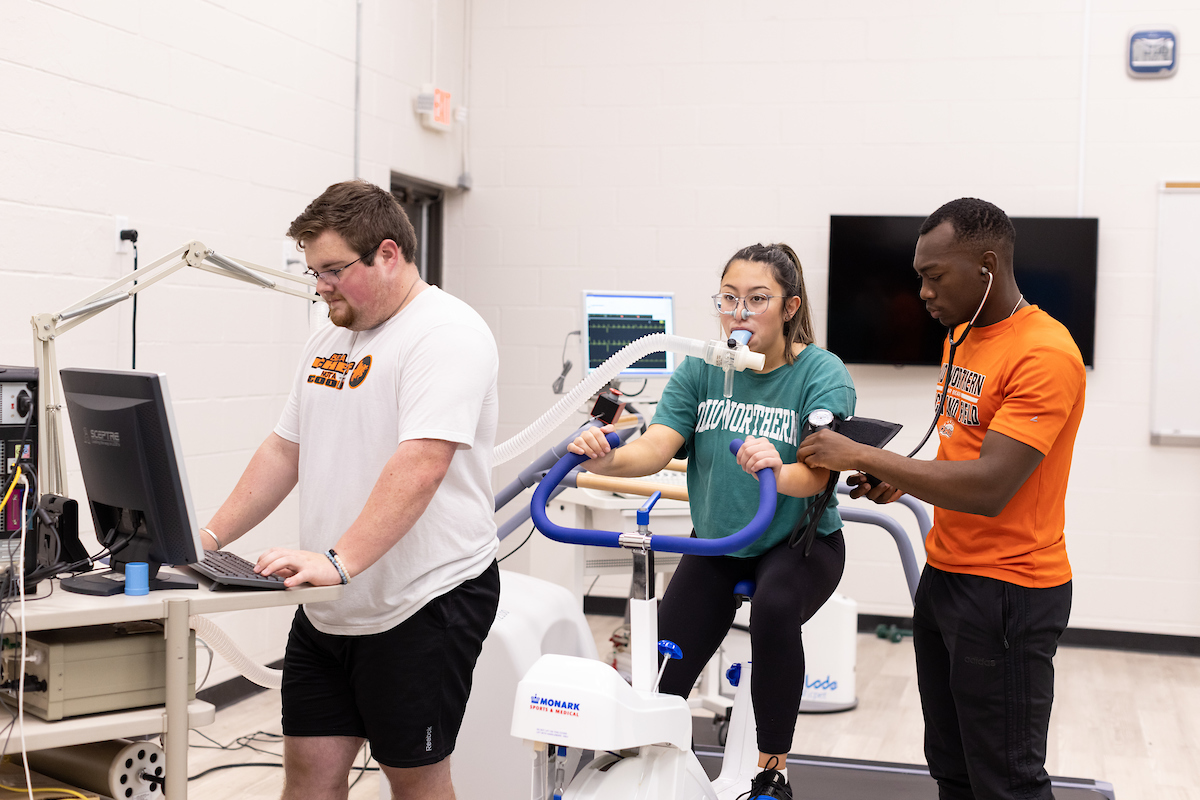
Unlocking the Science: Exploring Exercise Physiology
Decoding the Basics of Exercise Physiology
Delving into the intricate realm of exercise physiology unveils the fascinating science behind how our bodies respond to physical activity. It’s not just about breaking a sweat; it’s about understanding the physiological changes that occur during exercise and their impact on our overall health.
The Marvel of Muscles in Motion
At the core of exercise physiology lies the incredible dance of muscles in motion. When we engage in physical activity, our muscles contract and relax, working in harmony to produce movement. This dynamic process involves a complex interplay of biochemical reactions and energy systems, showcasing the remarkable adaptability of our bodies.
Oxygen, Energy, and the Cardiovascular Symphony
As we engage in exercise, our cardiovascular system takes center stage. The heart pumps blood, delivering oxygen to working muscles and removing waste products. This intricate symphony of oxygen transport and energy production ensures that our muscles receive the fuel needed to sustain physical activity.
Metabolism Unveiled: Burning Calories and Beyond
Exercise physiology provides insights into the intricacies of metabolism. Physical activity not only burns calories but also influences metabolic rate and the body’s ability to utilize nutrients. Understanding these metabolic dynamics is key to crafting effective fitness routines and achieving specific health and fitness goals.
Endorphins and the Neurological High
Ever experienced the “runner’s high”? It’s not just a myth. Exercise triggers the release of endorphins, neurotransmitters that act as natural mood enhancers. The neurological benefits of exercise extend beyond a temporary mood boost, contributing to long-term mental well-being.
Adapting to Stress: The Principle of Overload
Exercise physiology introduces us to the principle of overload, emphasizing the importance of challenging our bodies to promote adaptation. By progressively increasing the intensity, duration, or frequency of exercise, we stimulate physiological changes that lead to improved fitness levels and performance.
Individual Variability: Embracing Our Unique Responses
Not all bodies respond to exercise in the same way. Exercise physiology recognizes the concept of individual variability, highlighting that factors such as genetics, age, and overall health influence how our bodies adapt to physical activity. This understanding underscores the need for personalized fitness approaches.
Exercise Physiology in Practice: Crafting Effective Workouts
Armed with knowledge about how the body responds to exercise, we can tailor our workouts for optimal results. Whether the goal is weight loss, muscle gain, or overall well-being, applying the principles of exercise physiology allows us to design routines that align with individual objectives and capacities.
Beyond the Gym: Integrating Exercise Physiology into Daily Life
Exercise physiology isn’t confined to structured workouts. It extends to our daily movements and lifestyle choices. Simple activities like walking, taking the stairs, or engaging in recreational sports contribute to overall physical well-being. Integrating these principles into our daily lives fosters a holistic approach to health.
Midway through our exploration, let’s take a moment to delve deeper into the intricate relationship between exercise physiology and overall wellness. For a wealth of insights and resources on incorporating exercise physiology principles into your fitness journey, check out Exercise physiology.
Lifelong Learning: Nurturing a Curious Mind
As we unravel the mysteries of exercise physiology, it becomes a journey of lifelong learning. Staying curious and open to new findings in the field allows us to continually refine our approach to fitness. The evolving nature of exercise physiology keeps us engaged and motivated on our quest for optimal health.
Embarking on the exploration of exercise physiology is not just a scientific endeavor; it’s a practical guide to unlocking the full potential of our bodies. With each workout, we not only challenge our muscles but also delve deeper into the intricate web of physiological responses that contribute to our overall well-being. The journey of understanding exercise physiology is a dynamic and empowering pathway towards a healthier, more resilient self.